Posted in: 05/04/2022
The loss of biodiversity , and how to avoid it, has been the theme of the main environmental conferences in recent years, along with the debate on climate issues . However, more and more specialists are convinced that the two themes are directly related .
A study launched at the end of 2021 by the Intergovernmental Panel on Climate Change (IPCC) demonstrated that the climate crisis and the loss of plant and animal diversity in the world are directly related and that only a joint solution can solve the problem, through policies coordinated public .
According to the report, human action is responsible for altering 77% of the area of terrestrial environments and 87% of marine environments , causing loss of biodiversity and intensification of climate change and its effects, such as heat waves, droughts, desertification. , floods and extreme weather events.
Scientists have also launched the recent alert, through the Red List of the International Union for Conservation of Nature (IUCN), to the fact that almost 30% of the known species on the planet are threatened with extinction .
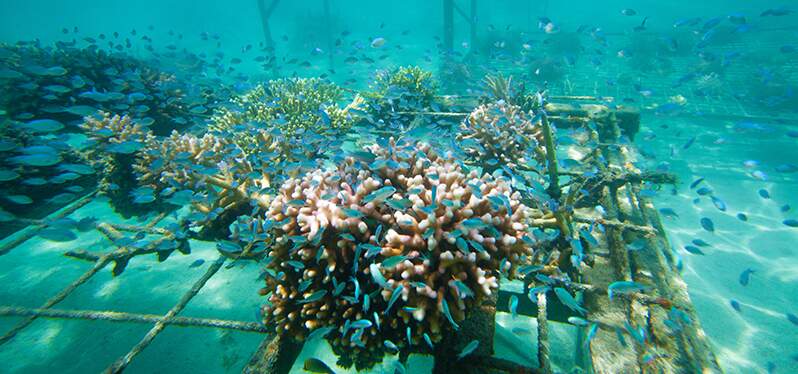
However, those responsible for the research also brought an important point as a conclusion, considering the conditions faced by some species: there is the possibility of recovery , but for that it is necessary that “countries really commit to sustainable practices”.
And to try to reverse these consequences , several global mobilization actions have been carried out, bringing together world leaders to define unified strategies to combat climate change and to prevent disasters related to them, including the loss of biodiversity.
Among the most important are the United Nations Conference on Climate Change (COP26) , the most important annual meeting in the world to debate climate issues , and COP15, which began in 2021 and will continue in 2022.
The second part of the 15th Conference of the Parties to the Convention on Biological Diversity (COP15) is scheduled for the last half of this year, in China, and involves interests from all over the world.
With the aim of debating preservation measures , COP 15 should also address issues related to the use of biodiversity – on how this genetic heritage is transformed into medicines, foodstuffs and the like –, biopiracy and the issue of sharing among the countries that have biodiversity and those who have the technology to improve its use in a sustainable way .
However, the main issue to be debated is the Post-2020 Global Biodiversity Framework (or Post-2020 Framework), which aims to implement a global and joint framework for the protection of biodiversity . In addition, it defines metrics for verifying the recovery, conservation and loss of biodiversity in the world for a period of 10 years , until 2030.
The United Nations Environment Program (UNEP) summarized the related topics to be addressed:
It is possible to follow the agenda of all meetings and their summaries with the main decisions taken, in addition to the direction of strategies , from the official website of the UN Convention on Biological Diversity (CBD) .
Brazil has a fundamental role both for conservation and for avoiding the loss of world biodiversity, since it is the country with the greatest biodiversity on the planet .
According to data from the federal government, there are more than “116,000 animal species and more than 46,000 plant species known in the country, spread across six terrestrial biomes and three major marine ecosystems.”
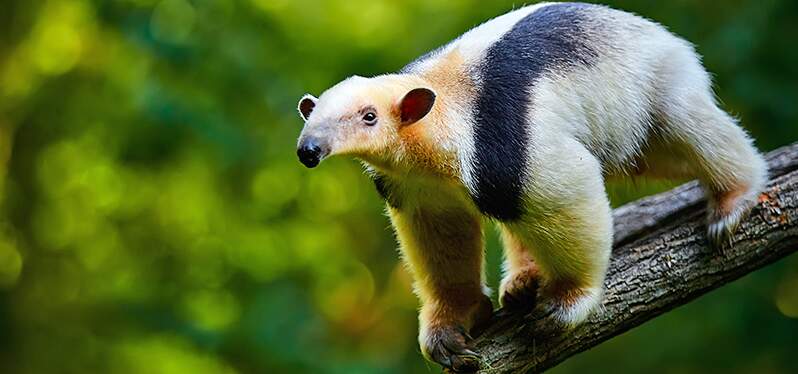
The United Nations Educational, Scientific and Cultural Organization (UNESCO) estimates that 1.3 billion people depend on biodiversity and basic ecosystem services and products for their subsistence in the world, and emphasizes that Brazil has a great responsibility in “ process of change of concepts ” about the maintenance of biodiversity.
In addition, the Organization points out that one of the most effective means of conservation is through the establishment of protection areas, whether federal, state and/or private Conservation Units (CUs) .
Another important point raised by Unesco in relation to the loss of biodiversity in Brazil is that, in order to stop it, in addition to the increasing implementation of CUs, it is essential that there be community participation in decision-making processes.
That is, at this moment, in addition to global discussions regarding the measures to be taken for the preservation of biodiversity globally, local environmental education actions are extremely important for social mobilization and awareness of people and communities in order to promote transformations. socio-environmental initiatives capable of reversing the loss of biodiversity and encouraging the restoration of ecosystems .
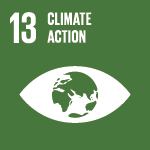
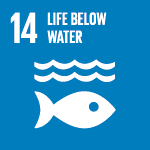
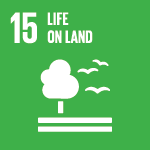
Sign up and receive our news.